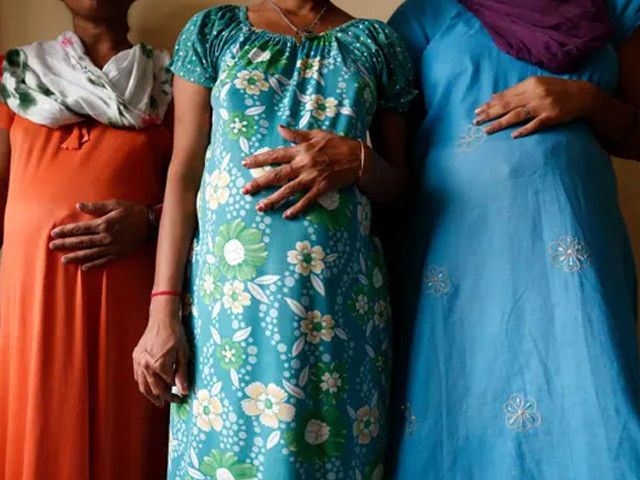In a commendable move, the Indian government has approved 60 days of special maternity leave for women who give birth to stillborn babies or have lost a child soon after birth. However, this order by the Department of Personnel and Training (DoPT) is only applicable to central government employees appointed to civil services and posts in connection with the affairs of the Union of India, and not women working in private organisations.
This decision has been taken after considering that new mothers need TLC (tender loving care) as much as new babies, especially those mothers who have lost their new-born child to stillbirth. The government has aimed to address the trauma caused by this grievance and the impact it has on the mother’s mental health.
The order states the following:
“The condition for death of a child soon after birth may be defined as up to 28 days after birth. A baby born with no signs of life at or after 38 weeks of gestation may be defines as stillbirth.”
Furthermore, the order includes only those female employees who have less than two surviving children.
The special leave will be granted only if the delivery takes place in an authorised hospital. In this case, an authorised hospital is defined as a government or private hospital empanelled under the Central Government Health Scheme (CGHS). In case of an emergency delivery in a non-empanelled private hospital, the production of an emergency certificate has to be presented.
This move comes at a time when addressing issues pertaining to mental health has become crucial in stabilising different aspects of people’s lives, including constructive behaviours, emotions and thoughts. Hence, giving mothers that needed time-off from what may be a high-stress environment, such as the workplace, can do wonders for their mental health. Pregnancy loss can often induce a deep sense of grief; feelings of guilt, shame, failure and loneliness in women, while developing depression or anxiety in these scenarios is also very common. Which is why now is the time to give more attention to the trauma that is caused by this experience.
According to a report titled ‘Socioeconomic inequalities in stillbirth and neonatal mortality rates’:
“Worldwide, approximately two million infants are stillborn, and another 2.4 million die in the first month of life every year (2019 estimate) … India has the highest number of stillbirths and neonatal deaths worldwide.”
Keeping these statistics in mind, taking this initiative in order to provide some protection and cushion to working mothers in public offices, at least as a starting point, has been an extremely essential one. Every country has its shortcomings but the positives should always serve as an inspiration and motivation to implement similar systems which would ultimately prove to be widely beneficial.
Across the border, Pakistan has been active in providing similar rights to working mothers. The Maternity and Paternity Leave Act 2020, a bill passed in the Senate, clearly states the rights of new parents (both mothers and fathers) working in the public and private establishments under administrative control of the federal government. While India’s new order has just come into effect, Pakistan had already taken a step forward in this direction by providing maternity leave for mothers who give birth to stillborn babies in 2020. Under the same bill, the term “child” includes a child in the womb of a pregnant employee and includes a still born. Furthermore, the duration of the paid maternity leave for the first birth is 180 days (six months), 120 days (four months) for the second birth, and 90 days (three months) for the third birth. Paid paternity leave for a male employee, on the other hand, is only 30 days.
The neighbouring nations have taken into consideration the well-being of new mothers keeping in mind their mental and physical well-being. As the number of working women is drastically increasing, appropriate legal rights need to be granted so their personal lives and obligations do not have to be overlooked. A sound system needs to be facilitated so that their work-life balance can be respected. Hence, these new developments are welcome and should definitely be applauded while the natural next step would be to urge all private organisations to follow suit.



COMMENTS
Comments are moderated and generally will be posted if they are on-topic and not abusive.
For more information, please see our Comments FAQ